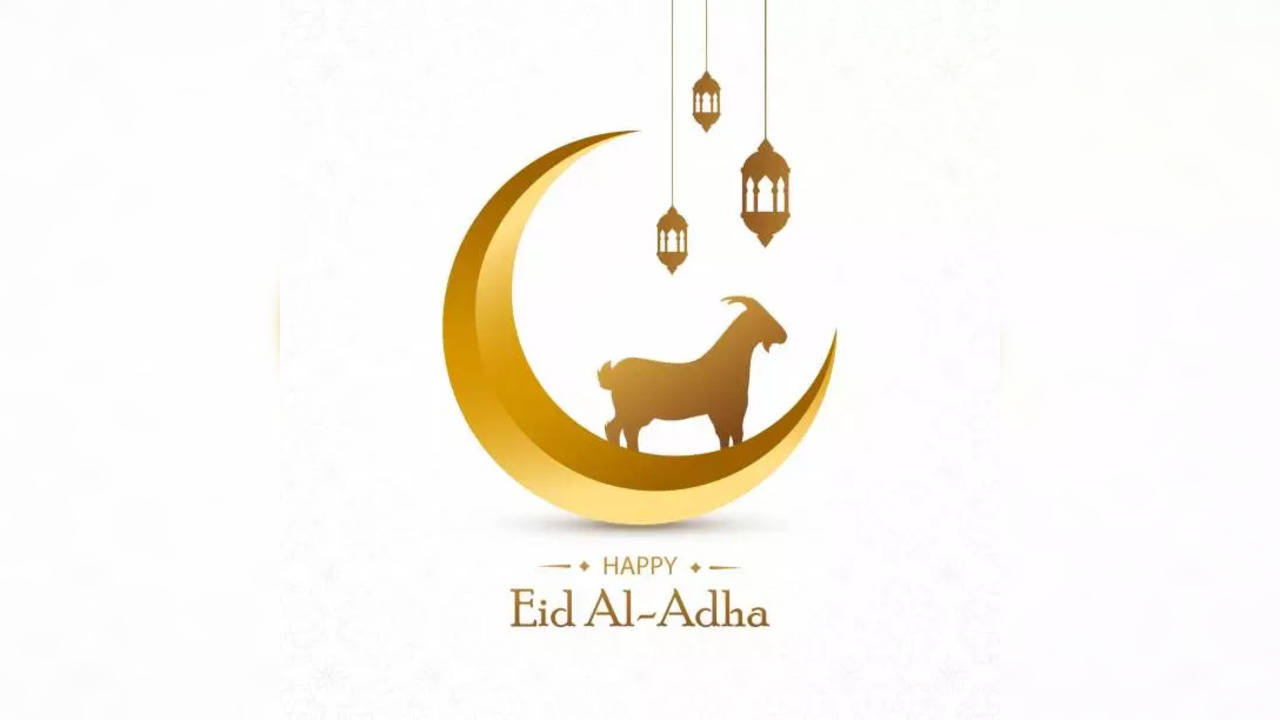
Rules for sacrifice on Eid-ul-Adha
Photo: iStock
the party of Bakrid Which is one of the most important festivals for Muslims is celebrated with great pomp all over the world. Bakrid is celebrated about 70 days after Eid-ul-Fitr.
According to the Islamic calendar, Bakrid is celebrated on the tenth day of the twelfth month, i.e. Eid-al-Hajja. While people know the Eid that falls after fasting in Ramadan as Meethi Eid, Bakrid is known as the Eid of Sacrifice.
According to the Islamic calendar, this year the Bakrid festival will be celebrated on June 16, 2023. According to Islamic tradition, it is considered very important to follow certain rules before performing sacrifice on the day of Bakrid. Please let us know in detail about these rules to follow before Farz-e-Qurbani.
The festival of Eid-ul-Ada is celebrated as a form of sacrifice.
The story related to Eid-ul-Adha The thing is that when Hazrat Ibrahim repeated dreams of sacrificing his son for Allah, he told it to his son. Upon hearing this, his children immediately agreed, considering it to be God’s will. It is believed that God was testing his messenger Abraham through these dreams and this sacrifice. It is believed that when Abraham went to sacrifice his son, Satan tried to divert his mind, but he did not hesitate at all and completed the sacrificial process by blindfolding his daughter. It is believed that when Abraham was about to sacrifice his son, God removed him and placed a goat in his place. The tradition of making sacrifices in Bakrid continues in Islam ever since.
- First of all, the animal to be sacrificed must be adult.
- Secondly, the animal to be used for sacrifice must not be injured, sick or weak and must be in good health.
- At the time of sacrifice after offering Namaz, both the animal and the person who sacrifices it should face Karbala. Furthermore, the animal should not be slaughtered in front of another animal.
- After the sacrifice, it is divided into three parts that are distributed among family members, relatives and the poor.
- If there is pretense in making a sacrifice, then there is no reward for it. Whoever makes sacrifices in the cause of Allah will definitely gain blessings from Allah.
- A person who is already under a mountain of debt cannot make the sacrifice. The person who makes the sacrifice must not have any debt of any kind on him.
- A person who donates two and a half percent of his income and continues to do good work for the welfare of society along with money does not need to make the sacrifice on Eid-ul-Adha.



